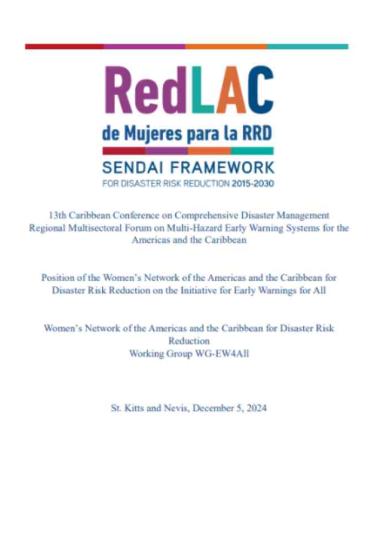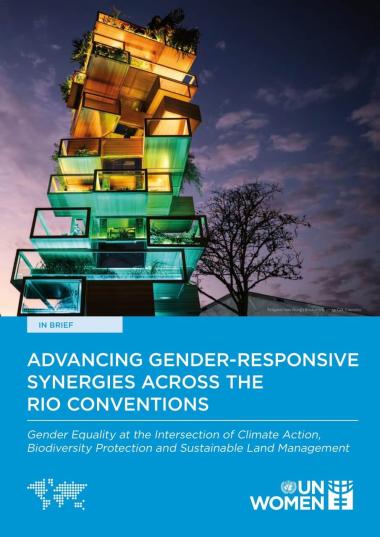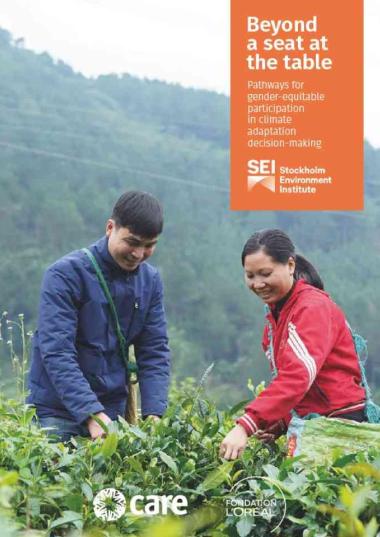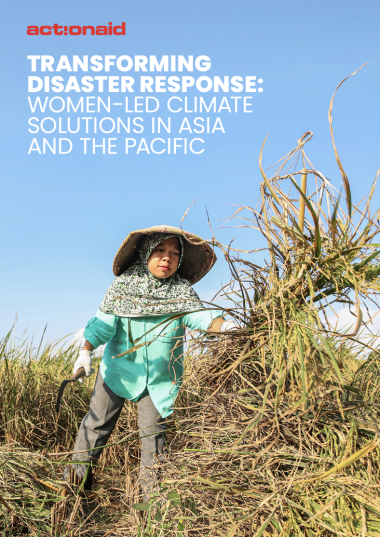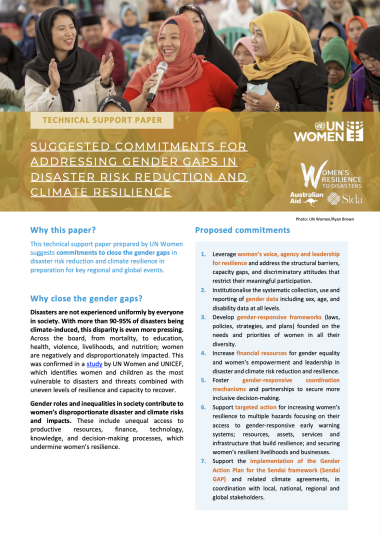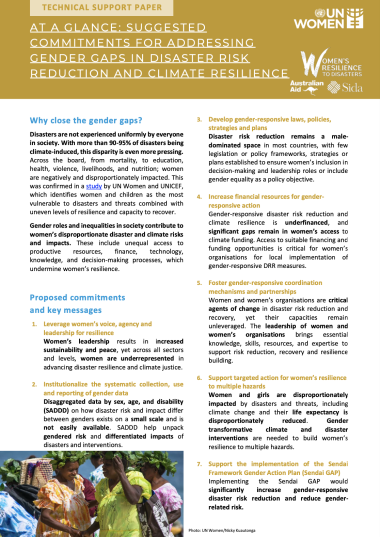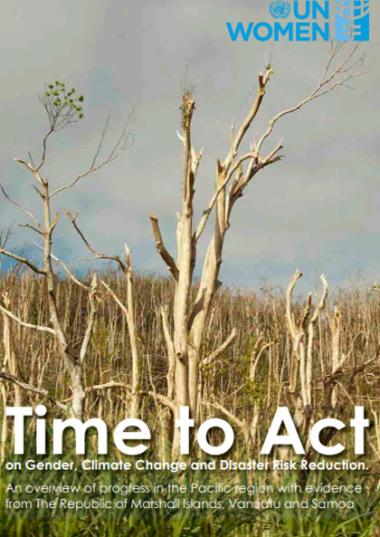
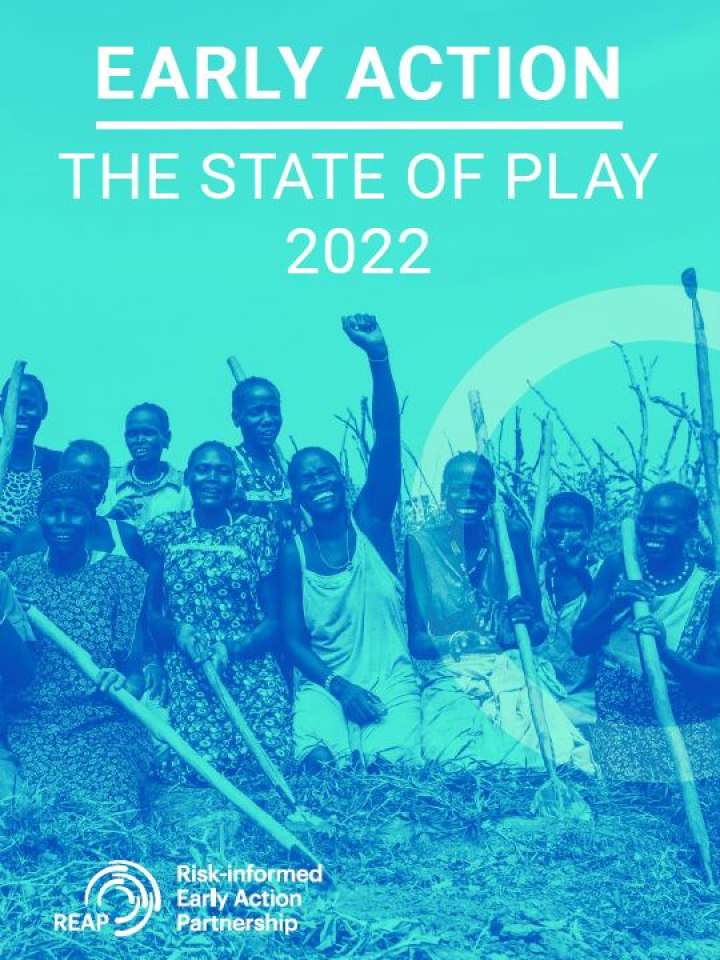
The reports highlight examples of good practices for early action, from the global to the local level, as well as opportunities that – if used well – will enable to reach more people, more effectively. The impacts of climate change are not slowing. Approximately 3.3 to 3.6 billion people live in contexts that are highly vulnerable to climate change, and we must ask ourselves the question: are we doing enough to ensure that they are safe from disasters? We know that early warning and early action can save lives and livelihoods, and protect assets worth at least ten times the cost of early interventions.
The mission of REAP is to drive a systemic shift towards acting earlier to reduce the impacts of disasters, mobilize commitments and inspire action. In order to enable early action at scale, we need to identify the pathways that can connect international commitments and pledges to action taking place at the national and local levels. The State of Play reports – now in their second year – are one small attempt to do this. The aim is that the reports help to build collective understanding of how to get ahead of the curve and put in place integrated actions that reach and assist vulnerable people before disasters occur, rather than leaving them to pick up the pieces afterwards.
